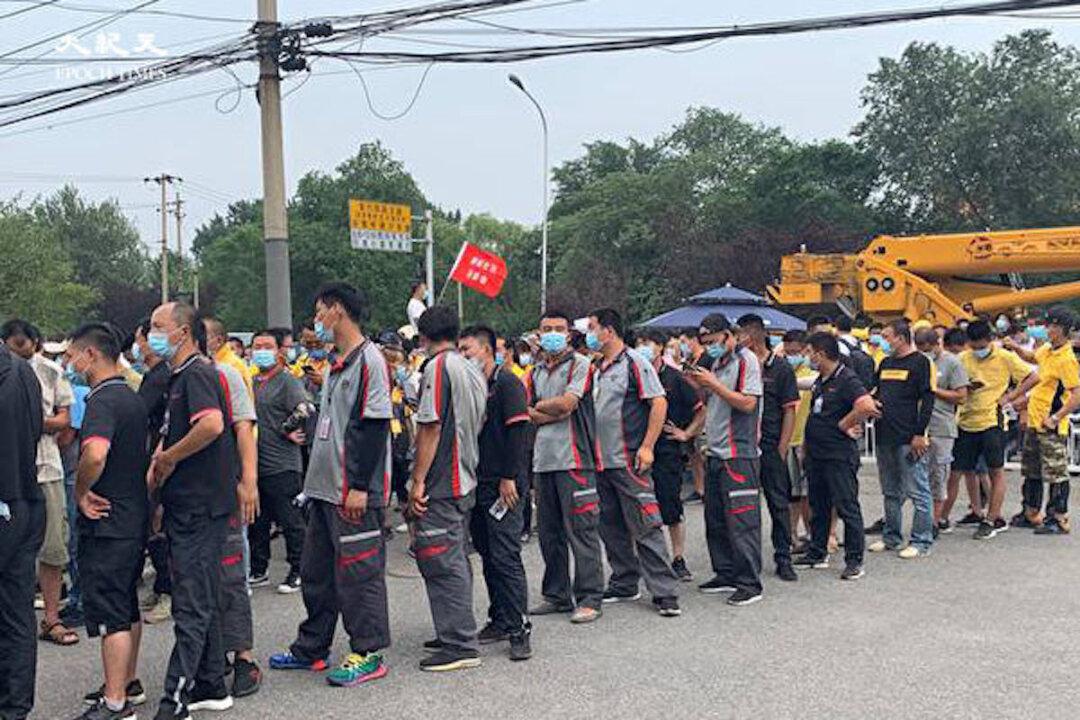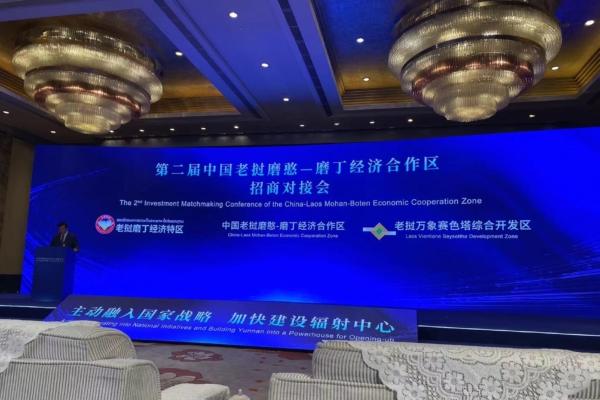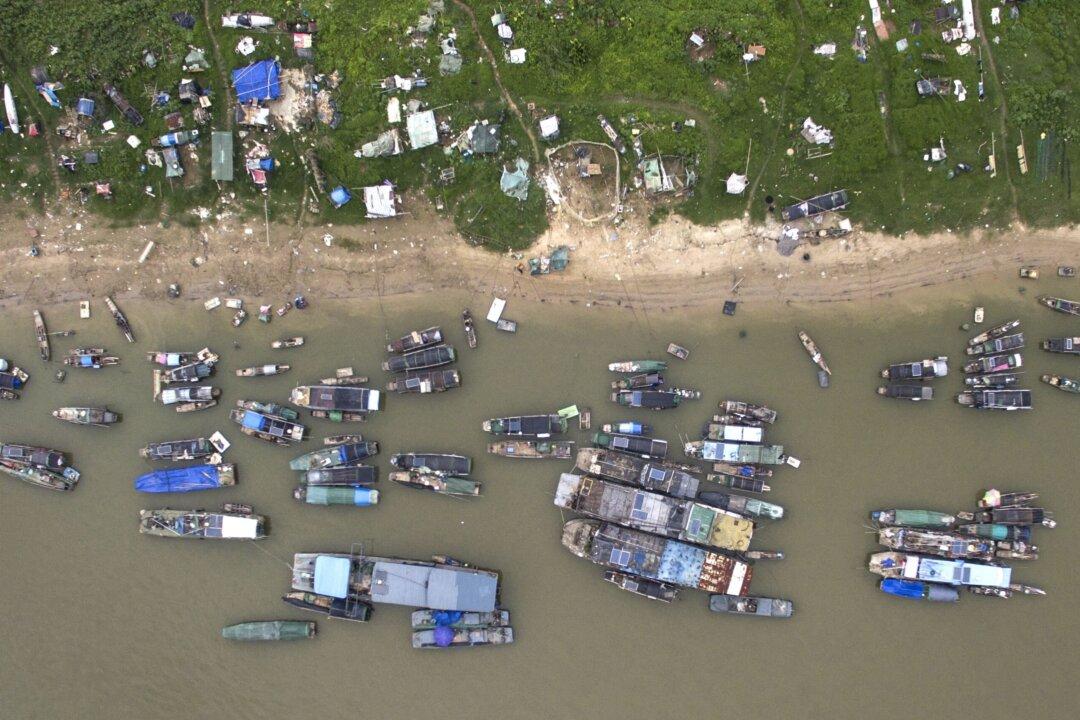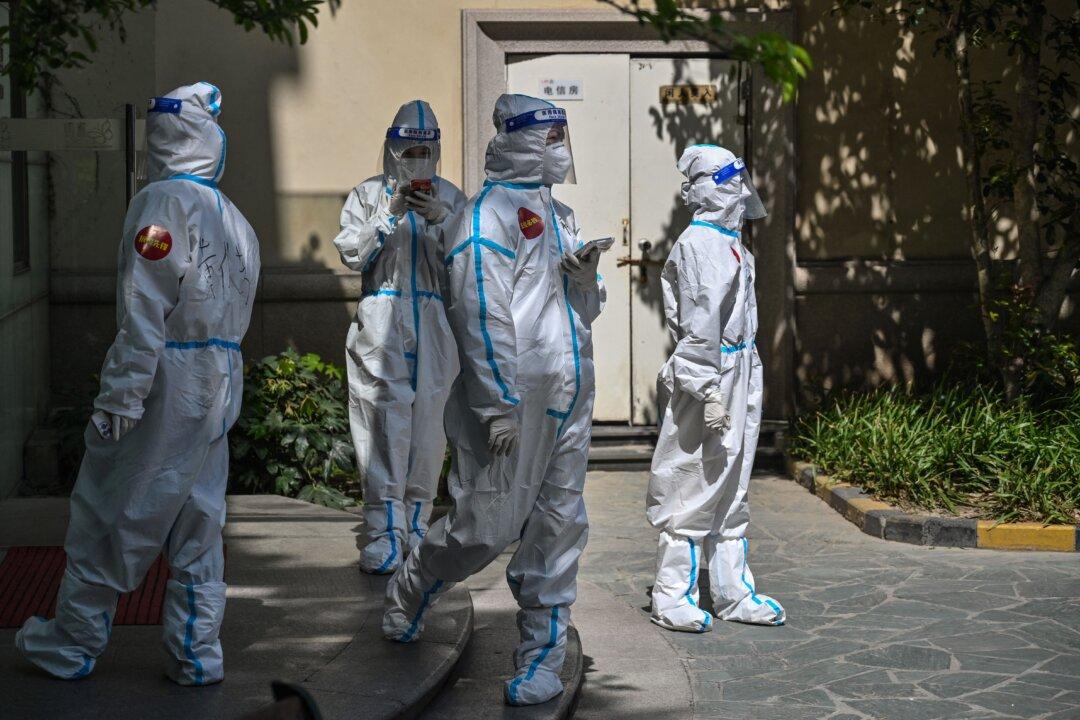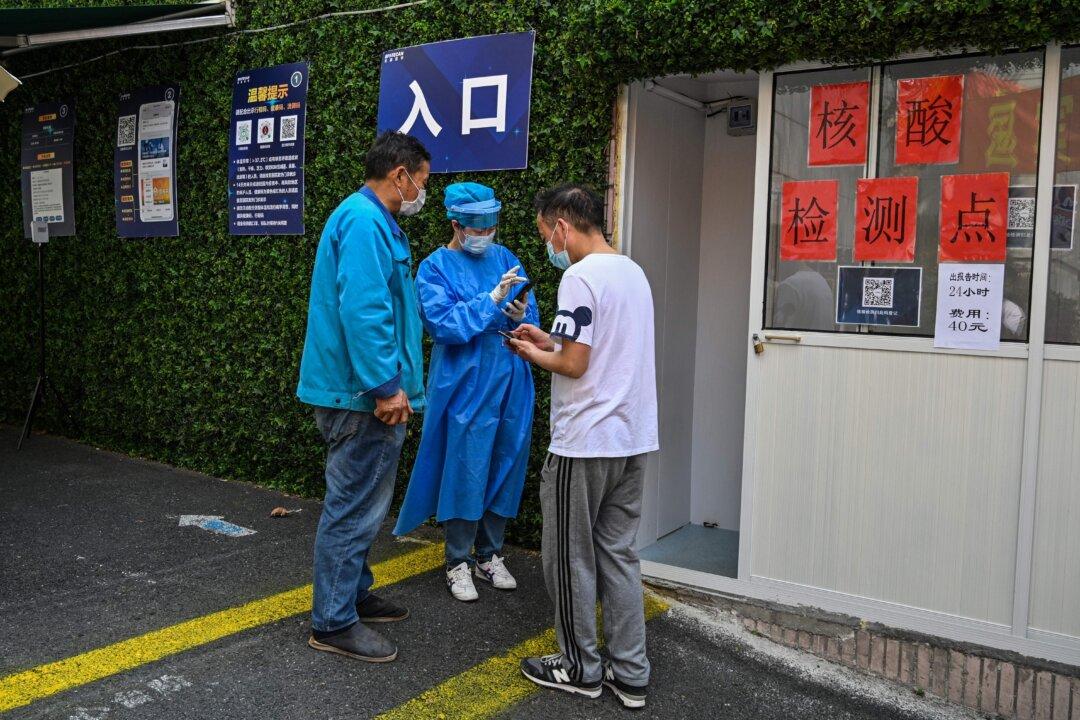After eight confirmed cases were reported in the PepsiCo plant in Beijing, four more cases were confirmed on June 22. Hundreds of PepsiCo workers, close contacts, and neighbors of the workers have been isolated.
PepsiCo in China explained that when an employee in the plant, which mainly produces Lay’s potato chips, was confirmed to be infected on June 15, PepsiCo immediately suspended production. All employees were quarantined at home that day and received nucleic acid tests the next day. On June 20, a total of 480 people from the company were transferred to centralized quarantine sites. As of June 20, at 6 p.m., 87 close contacts were found and quarantined. Close contacts included delivery personnel, neighbors, and medical staff.
